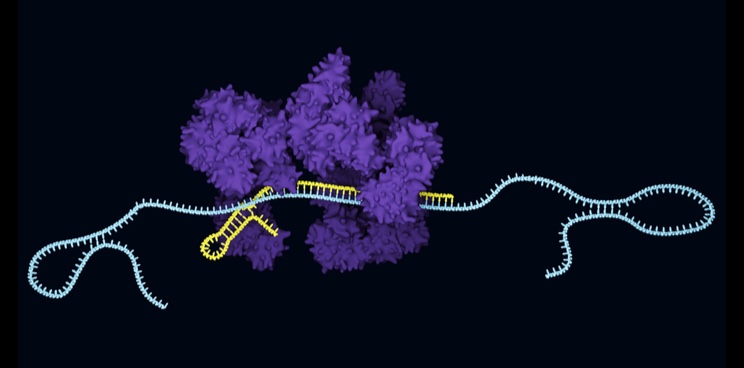Newsletter Signup - Under Article / In Page
"*" indicates required fields
A decision from the Boards of Appeal at the European Patent Office has revoked the claim of the Broad Institute to general patents on CRISPR/Cas9 gene editing technology, strengthening the position of its opponent UC Berkeley in Europe.
The Broad Institute in Cambridge, US, is one of the main contenders in the ongoing battle for the rights to the intellectual property of CRISPR/Cas9 technology, which is making gene editing easier and faster than ever before. While the Broad Institute has secured CRISPR patents in the US, the European Patent Office (EPO) revoked one of its key patents in 2018.
Now, the Boards of Appeal of the EPO have corroborated this decision. The hearings that took place in Munich last week revolved around the filing date of one of the Broad Institute’s CRISPR patents. The Broad was contending the decision of the EPO that the earlier filing date of a provisional application submitted in the US could not be considered the filing date of its patent application.
The key issue was that the scientist Luciano Marrafini, who was listed as an applicant in the provisional application, had not transferred his priority rights to the Broad Institute. Instead, he had assigned them to Rockefeller University, which was not listed as an applicant in the later non-provisional, official application filed at the EPO.
“This is important because if the rights were not sufficiently transferred to the Broad Institute then the filing date of the patent application would not have been the filing date of the provisional application, but the later filing date of the non-provisional application,” said Ulrich Storz, Senior Partner at Michalski Hütterman Patent Attorneys.
“This meant that journal articles that have been published in between those dates became novelty-destroying prior art.”
Storz pointed out that there are other patents in the same patent family with the same filing date that might be affected by this decision and be revoked within the next few months.
The main consequence of this decision is that the Broad Institute has lost its claim to general patents on CRISPR/Cas9 technology in Europe. However, the institute still has the option to make its claims narrower to secure its intellectual property in Europe. According to Storz, this would not necessarily affect their operations, but it might result in lower licensing and royalty fees.
In contrast, UC Berkeley, the main rival of the Broad Institute in the CRISPR legal battle, has successfully secured broad patents on CRISPR technology in Europe. “This [decision] will rather strengthen the licensing position of UC Berkeley than weaken the position of Broad Institute,” Storz told me.
The dispute for the intellectual property of CRISPR/Cas9 technology has been ongoing for several years now. “This situation is not very common in biotech,” commented Storz. “We have similar situations where there are rivaling patent pools from different parties in mobile communication technologies, but in biotech or pharma it is really something that is very rare. We weren’t prepared, and that’s why there have been so many problems with this technology, with this patent challenge.”
The main reason behind this fierce battle is the potential of CRISPR/Cas9 technology to be used to create human therapies. Because these developments carry a high risk and involve huge investments, the exclusivity of intellectual property can be essential to secure investment.
The problem, however, is that this dispute is affecting many other applications where exclusivity would not be necessary. “The situation is paralyzing small companies. They are afraid of being held liable for patent infringement so they’d rather not use the technology,” said Storz. “Every other day, we get inquiries from small companies that don’t know what to do. For example, companies that are making mouse models don’t need exclusivity, they simply want to use the technology.”
A solution to this problem would be setting up a patent pool, so that anyone that wants to use the technology can get a single license that covers the IP of all different parties. While the US patent firm MPEG LA has been trying to set up such a patent pool, its efforts have so far not been successful.
The Broad Institute has stated it is open to discussing the possibility of a CRISPR patent pool in applications other than human therapies, but UC Berkeley has so far not positioned itself. Things get even more complicated when considering that there are at least three other parties — the University of Vilnius, the Korean company Toolgen and Merck’s Sigma Aldrich — that hold claims to CRISPR intellectual property.
So far, only a US company called Corteva Agrisciences has managed to acquire licenses from all big players to offer sublicenses to any interested parties, but only in the case of agricultural applications.






